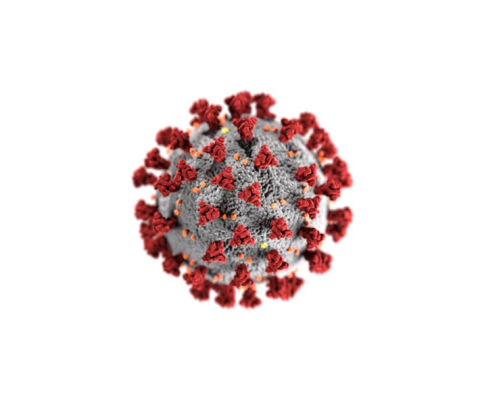From Dr Marguerite Hennes
KARUAH MEDICAL CENTRE
Asking for your co-operation
With the current events and fear of pandemic, people need to know what to do. Let us work together to protect our families and our community and stop the spread of infection with corona virus.
How is the virus spread?
Human coronaviruses are spread from someone infected with COVID-19 virus to other close contacts with that person through contaminated droplets spread by coughing or sneezing, or by contact with contaminated hands, surfaces or objects.
The time between when a person is exposed to the virus and when symptoms first appear is typically 5 to 6 days, although may range from 2 to 14 days. For this reason, people who might have been in contact with a confirmed case are being asked to self-isolate for 14 days.
Most COVID-19 cases appear to be spread from people who have symptoms. A small number of people may have been infectious before their symptoms developed.
Here is some advice on what we can do to keep ourselves and others safe.
Social distancing
Everyone should practice social distancing. It is an effective measure to reduce the potential for transmission.
- Avoid crowds and mass gatherings where it is difficult to keep the appropriate distance from others.
- Avoid small gatherings in enclosed spaces e.g. family celebrations.
- Try to keep a distance of 1.5 metres between yourself and other people where possible e.g. when you are out in a public place.
- Avoid shaking hands, hugging or kissing other people. This is not rude in the current circumstances.
- Avoid visiting vulnerable people e.g. infants, people with compromised immune systems due to illness or medical treatment, or those in aged care facilities or hospitals.
- Sit away from others if you are in a specialist/medical/dental waiting room.
For more information about social distancing, refer to COVID-19 Advice for the NSW Community [www.health.nsw.gov.au/infectious/factsheets]
What increases the risk of infection?
Infection can occur after:
- International travel or
- Close contact with a confirmed or undiagnosed case of COVID-19
COVID-19 survives on surfaces, and may persist for a few hours or up to several days. This depends on different conditions (e.g. type of surface, temperature or humidity of the environment).
Symptoms
- Fever
- Acute respiratory infection (shortness of breath, cough or sore throat) with or without fever
What should you do if any of the above criteria apply on you?
- Contact your GP by phone - you can now have a phone consultation for advice.
- Stay home. Isolate yourself for 14 days at home. This means stay in a separate room from the rest of the family, avoid sharing towels, soap, toothpaste and cutlery, and use a separate bathroom if available.
- Avoid shared or communal areas and wear a surgical mask when moving through these areas.
- If you think a surface may be infected, clean it with a common household disinfectant to kill the virus and protect yourself and others. Clean your hands with an alcohol-based hand rub or wash them with soap and water. Avoid touching your eyes, mouth, or nose.
Speciality clinics for screening people with risk factors are available at hospital Emergency centres:
- John Hunter Hospital Clinic. A specialty clinic for screening people with risk factors for COVID-19 operates seven days a week from 8am-10.30pm.
- Maitland Hospital also screens people with risk factors. Open weekdays from 10am to 4pm.
COVID-19 - Frequently asked questions - Alerts
https://www.health.nsw.gov.au/Infectious/alerts/Pages/coronavirus-faqs…
COVID-19 was first identified in Wuhan, Hubei Province, China, where it has caused a large and ongoing outbreak. It has since spread more widely in China, Iran and in several other countries. In Australia we have a better health system that most countries, but infection rates are rising here. We all have a part to play in reducing the risk.
The situation is changing rapidly and we will continue to keep you updated as things develop. Thanks to you all working at the clinics.
For more information, go to www.health.nsw.gov.au
Thank you everyone, hope you stay safe.
Dr Marguerite Hennes




Thank you for the detailed
Thank you for the medical information and advice. It would be very useful and popular, I believe, for professional information and advice such as this covering medical and general health topcs to be included on our website regularly. Thank you again.
Gary Sylvaney